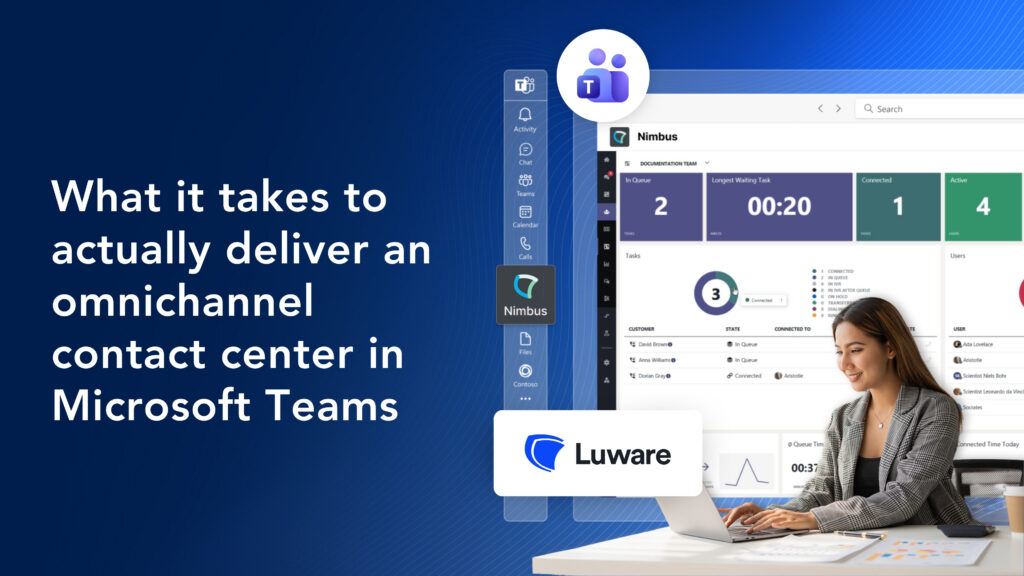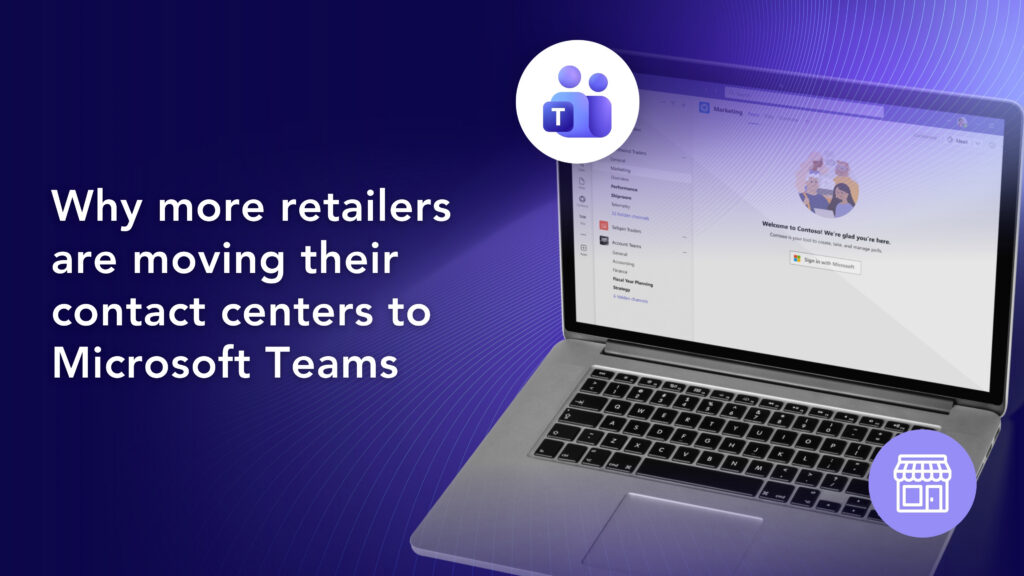Communication is the lifeblood of your business. You want to choose a system that helps you reach everyone on your team and those potential clients. When you select Session Initiation Protocol (SIP), you can move all of your existing PBX phone systems to the cloud using Voice over Internet Protocol (VoIP). Here is how SIP calling can work for your business and how you can make the most out of this service.
Are you interested in using SIP calling for your business? At Momentum, we can help you find the best solutions for your organization or company!
What Is SIP Calling?
Session Initiation Protocol calling transmits voice calls over a SIP channel or trunk. You can interchange this process with VoIP calls. However, SIP calling uses VoIP to move that analog call over an internet connection.
With a traditional phone system, you have three main components:

- PBX (Private Branch Exchange): The on-premises system that manages your calls
- PSTN (Public Switched Telephone Network): The network that routes calls to their intended destination
- PRI (Primary Rate Interface) lines: Those lines that connect calls to the PSTN
With SIP calling, there is no need for PRI lines. You can virtually install a SIP trunk over your current internet connection. When connected to the PSTN and PBX, all of those PRI lines are bypassed. As a result, you can use voicemail, call forwarding, and auto attendants for your phone call without the need for multiple or analog phone lines.
Related: SIP Trunking: Understanding the Basics, Benefits, and the Transition Process
Why SIP Calling Matters for Your Business
SIP calling allows your company to move forward with its communications. Here are some of the main reasons why SIP calling is vital for your business.
1. Cost-Effective Communications
You can pay significantly less with SIP calling if you have a traditional phone system. In many cases, SIP calling provides you with unlimited toll-free calling instead of those per-minute charges. You don’t even need to buy expensive equipment for the system. Along with that, there are almost no maintenance costs or installation fees. SIP calling gives your business a disruption-free option for your communications. You can turn your focus away from those high costs for your phone system and focus on your customers.
2. Easy Scalability
As your business changes, so do your communication needs. You can quickly scale your service with SIP calling – without worrying about additional costs. SIP trunking allows you to connect to video conference calls or phone calls over the internet. There is no need to purchase physical lines when you need to add more phone numbers for your business. When you need to upgrade, add more lines with help from the provider.
3. Better Communications
With a SIP phone system, you can create a unified virtual presence across all of your lines of communication. There is no need to switch between communication channels; you can synchronize and centralize them in one location. With that, you can see improved productivity, efficiency, and collaboration between your teams. Whether you have a small office or a remote global workforce, everyone will be able to connect through their existing devices – like a smartphone.
4. Reliable Phone Calls
Those public switched telephone networks can fail at the most inopportune moments. System failures, bad weather, and power outages can disrupt your business. When your phone lines are down, you can lose out on business. Inoperable phone lines and poor quality of calls are not an option for your organization. With SIP calling, you can receive calls even during those unpredictable scenarios. Thanks to redundancy, your calls are rerouted to other locations so that you will always have phone service.
5. Exceptional Customer Service
If you are hesitant to switch to SIP calling because you think you’ll have to retrain your employees, you can take a deep breath. You can manage SIP calling from a simple interface. With SIP, you can use those extras, such as voicemails, call routing, and adding phone lines. SIP calling is a user-friendly way to take complete control of the communication system for your business.
What Businesses Use SIP Calling?
Any company can use SIP calling. Many companies with existing on-premises can move them to the cloud. Some larger companies might be hesitant to switch to SIP, especially if they have thousands of employees across multiple countries. There could be service interruptions as they switch to the new service.
With SIP calling, you can collaborate with messaging, conference calls, and video chats. There is an instant connection with anyone inside and outside the company, regardless of their location. You can use your preferred device to make calls. SIP calling also allows you to integrate all of your company’s communication channels.
Moving your telephone service to the cloud will pay off for your business, whether you need enterprise-level assistance or communication options for a small company.

SIP Calling Benefits
As you can tell, there are plenty of benefits to using SIP calling for your business. You can receive these calls on a single device or across multiple numbers. For example, you can use SIP calling with work and personal numbers. Plus, these calls can be separated from each other, so there is no mixing work and personal calls.
With that, SIP calling provides you with increased performance and availability even in those places with limited coverage. Finally, you will receive high-definition calls due to the wideband audio codes and high bandwidth.
Choose SIP Calling for Your Business
There are so many benefits with SIP calling, including higher quality of calls and features. SIP calling can be a cost-effective option for any-sized business. There has never been a better time to switch to SIP calling.
Are you searching for a cost-effective solution for all your business communications needs? At Momentum, we can modernize your company’s communications by implementing SIP calling into your current system.



